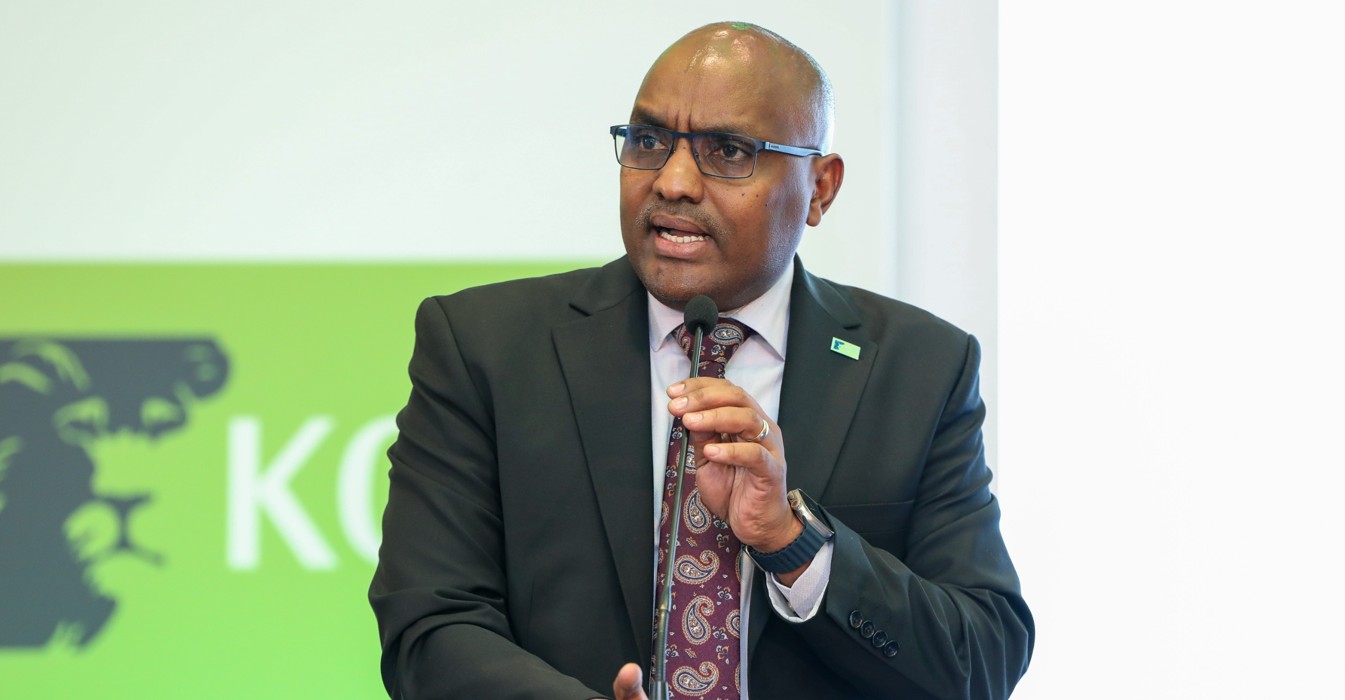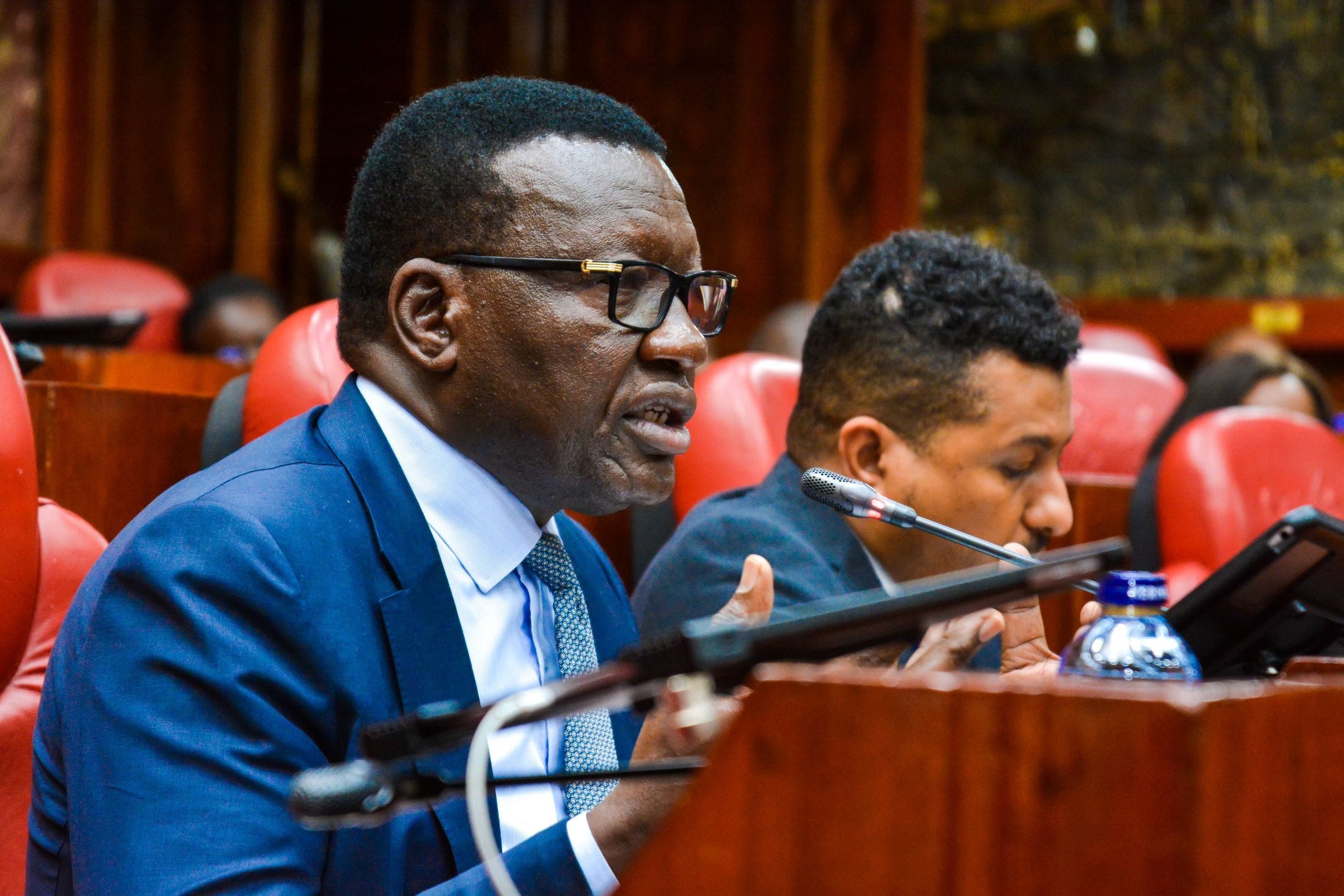Programme to curb public sector fund mismanagement launched in Nairobi amid rising graft

The capacity-building initiative seeks to address the persistent challenges by developing the leadership and governance capacities of top state officials.
In a bid to curb public funds mismanagement and cut down corruption in the country, a new pilot programme aimed at tackling inefficiencies in the management of the fundthe capacity-building initiative seeks to address the persistent challenges by developing the leadership and governance capacities of top state officials.s has been launched in Nairobi.
Dubbed the Leadership Excellence in Africa's Public Sector (LEAPS) by the African Capacity Building Foundation (ACBF), a human capital and institutional capacity firm, the capacity-building initiative seeks to address the persistent challenges by developing the leadership and governance capacities of top state officials.
More To Read
- Ruto assents to new Bills strengthening county revenue and public finance management
- EACC: Nine governors under investigation for using staff to funnel stolen county funds
- EACC busts Sh10.5 million bribery ring at Treasury, arrests four officials
- Parliament's delay in enforcing audit reports threatens public funds, Auditor-General Gathungu warns
- South Sudan launches door-to-door taxpayer registration in Juba
- KRA waives penalties, extends tax filing deadline to July 5
This is in addition to the conventional efforts of developing technical capacities of institutions, with a focus on enhancing financial accountability and transparency.
The programme also aims to instil a culture of self-evaluation and objective self-critiquing within government institutions.
According to Mohamed Salat, a programme officer, economic and social governance at ACBF, by encouraging a more reflective approach to governance, the firm intends to foster an environment where public officials actively assess their performance and make necessary adjustments for improved service delivery.
"This will be vital in boosting public trust and ensuring that government actions align more closely with the needs of the population," Salat said.
He spoke on Thursday during the launch of the programme in Nairobi.
The initiative targets senior officials in public finance management institutions including the National Treasury, the Office of the Auditor General, the Office of the Controller of Budget, the Kenya Revenue Authority, and to some extent various parliamentary committees that are working in the Public Finance Management system.
Pilot phase
Additionally, Salat noted that the programme is currently in its pilot phase and implemented in six countries: Kenya, Zimbabwe, Nigeria, Ghana, Ivory Coast and Senegal, running for a period of at least six months.
"This is to enhance benchmarking of success policies and strategies while enhancing cross border partnerships."
The launch of the programme comes at a critical time when the country faces increasing pressure to manage limited resources amidst growing public expectations and the runaway public funds embezzlement.
A recent statement by the Kenya Association of Manufacturers (KAM) estimates that not less than Sh3 billion of taxpayers' money is lost to corruption on a daily basis, monies that could instead be invested in development.
The pronouncement was in reaction to the initially alluded figure by the Treasury Cabinet Secretary John Mbadi, who had noted that the country is losing Sh2 billion daily through wastage of public resources attained by taxes.
Reiterating the many challenges the country is facing in the management of public funds, Salat said the government has good policies, but how the information is packaged and explained to the citizens has been a miss for some time.
"This has been identified as a challenge across most of the countries that we engage with. Anytime a new policy is introduced, there's always a lot of misinformation around the policies, Salat said.
"Nevertheless, another key issue that came up, not only in Kenya but across the six target countries, is the issue of the lack of collaboration between the different public financial management institutions."
"Collaboration between the Office of the Auditor General, Treasury, Parliament, the revenue authorities, for example, and all other institutions that are tasked with managing the public financial management or that form part of the public financial management ecosystem," he added.
Top Stories Today















































